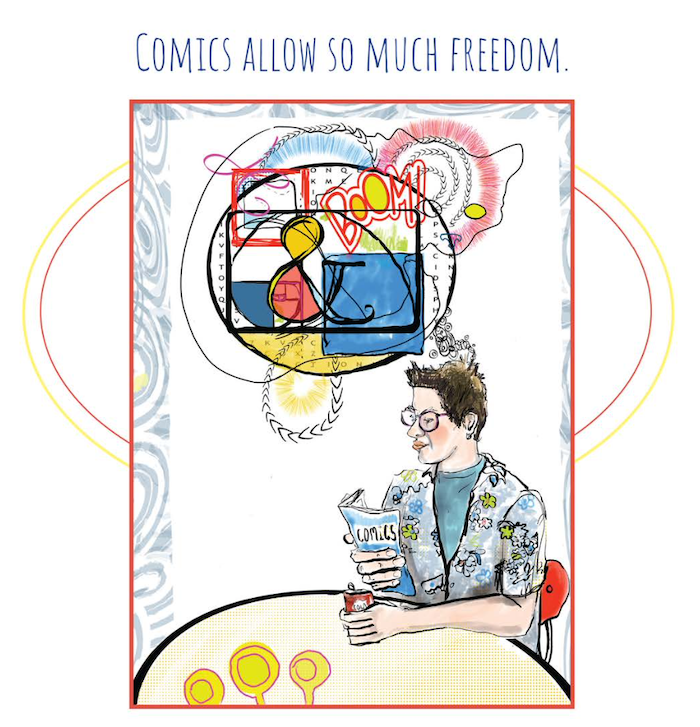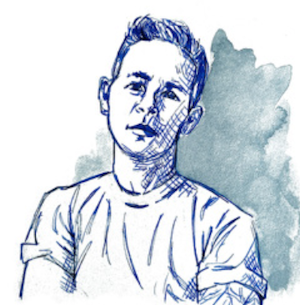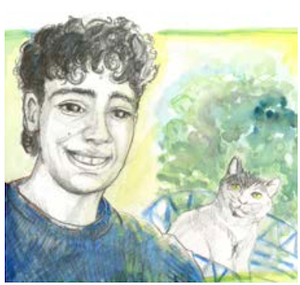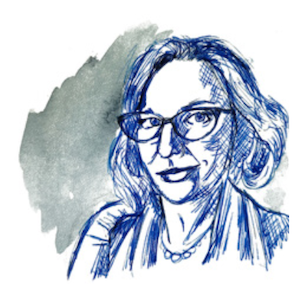Guest Editors
Harper B. Keenan is the inaugural Robert Quartermain Professor of Gender & Sexuality in Education at the University of British Columbia. Dr. Keenan’s scholarship examines how adults and children relate to each other within the structures of schooling and other educational contexts, and what their interactions reveal about the possibilities and challenges of public education. He is also the founder of the Trans Educators Network, a mutual aid organization for support and connection among trans people working in K-12 schools. Before becoming an academic, Dr. Keenan was an elementary school teacher in New York City.
 by Harper B. Keenan, Lee Iskander, and Rachel Marie-Crane Williams
by Harper B. Keenan, Lee Iskander, and Rachel Marie-Crane Williams

